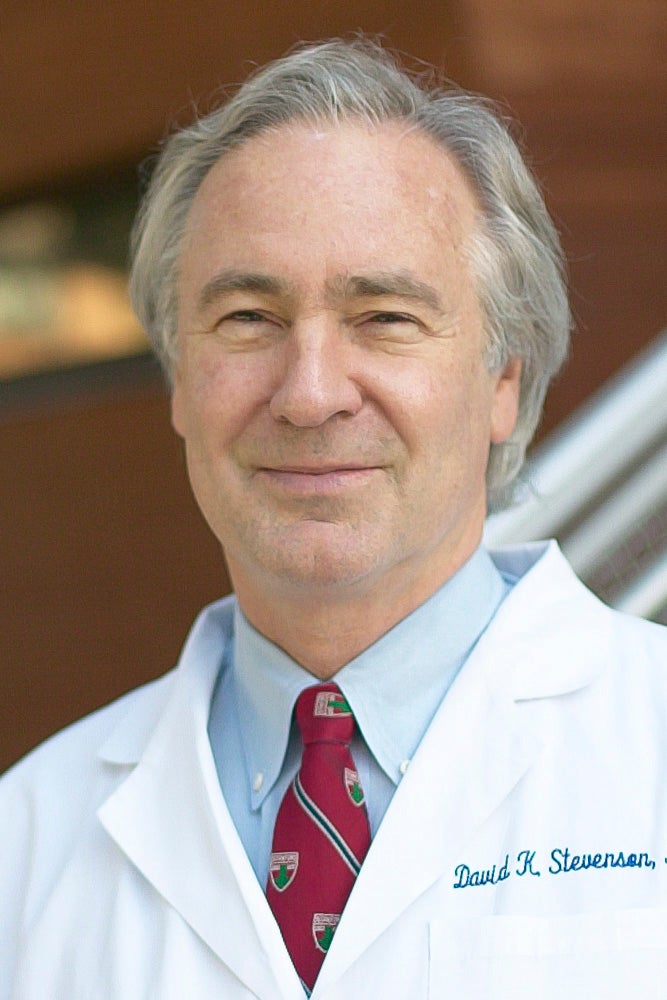Two Stanford faculty elected members of AAAS
Rob Jackson and David K. Stevenson have been elected fellows of the American Association for the Advancement of Science.
Stanford professors at the School of Medicine and the School of Earth, Energy & Environmental Sciences (Stanford Earth) have been elected fellows of the American Association for the Advancement of Science.
They are among 396 new AAAS fellows chosen this year by their peers for scientifically or socially distinguished efforts to advance science or its applications.

Rob Jackson (Image credit: Stacy H. Geiken)
Rob Jackson, a professor of Earth system science and the Michelle and Kevin Douglas Provostial Professor, was selected for substantial contributions to our understanding of plant ecosystem biology, greenhouse gas effects and environmental sustainability.
Jackson’s research explores the many ways people affect the Earth, including through climate change, energy extraction and threats to water resources. Some of his current lab projects explore droughts and forest mortality, the global carbon dioxide and methane budgets, and how soils and soil fertility influence plants. Jackson and colleagues published the first studies of fracking and drinking water quality, and mapped thousands of natural gas leaks across cities such as Boston, New York City and Washington, D.C.
As an author and photographer, Jackson has published a trade book about the environment, two books of children’s poems, and poems in literary journals that include Southwest Review, Cortland Review and Cold Mountain Review. His recent op-ed about climate change in Scientific American highlighted the economic, health and national security benefits of clean energy. Jackson’s photographs have appeared in many media outlets, including the New York Times, Washington Post, USA Today, U.S. News and World Report, Science, Nature and National Geographic News.

David K. Stevenson (Image credit: Courtesy Lucile Packard Children's Hospital Stanford)
David K. Stevenson, the Harold K. Faber Professor of Pediatrics, was selected for distinguished contributions to the field of neonatology and pediatrics, particularly for his seminal studies on neonatal jaundice, bilirubin production and heme oxygen biology.
Stevenson, a neonatologist, has worked in neonatal jaundice and the prevention of preterm birth. Babies with jaundice have high levels of the pigment bilirubin, which can cause irreversible brain damage. Stevenson has explored noninvasive ways of monitoring and lowering bilirubin levels. These include manipulating the biological pathway for producing bilirubin and also exploring less harmful ways of exposing babies to sunlight, which can break down bilirubin. He has also studied the causes for pre-term labor in an effort to prevent premature births.
As an advocate for health, Stevenson has received a number of awards and honors, and has been a member of the Institute of Medicine since 2012. He directs the Johnson Center for Pregnancy and Newborn Services at Lucile Packard Children’s Hospital Stanford, is the principal investigator for the March of Dimes Prematurity Research Center at Stanford and was recently appointed the School of Medicine’s first senior associate dean for maternal and child health.
Jackson is also a senior fellow at the Stanford Woods Institute for the Environment and the Precourt Institute for Energy; he also chairs the Global Carbon Project. Stevenson is also a member of Stanford Bio-X, the Child Health Research Institute and the Stanford Woods Institute for the Environment.
